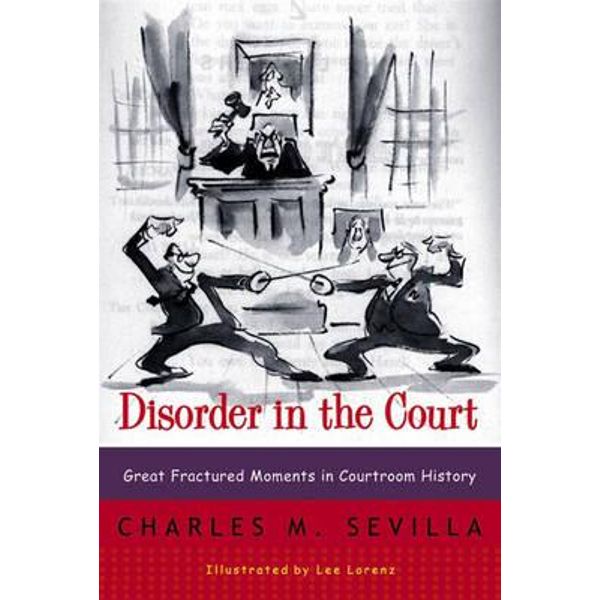Thomas Stilp, JD, MBA/MM, LLM, MSC
In our prior edition of “In the Loop,” we discussed an actual case where an overly-aggressive attorney “lost it” requiring his client to ask for a bathroom break to speak with his attorney to get things to calm down.
First, a little more about why depositions are taken. (See Stilp, T., “A Model Letter to Witnesses,” 82 Ill. Bar Journal 441). Fundamentally, lawyers take depositions to discover what a witness knows and to preserve testimony for trial. If you are ever in a lawsuit, you would be deposed for the following reasons:

We pick up with another excerpt from that deposition testimony. [Omissions are not noted in the quoted text, and the identity of Attorney #1 is masked to extend some professional courtesy]:
ATTORNEY #1: Objection to the question. The court order stands and speaks for itself. You know it and I know it. So the fact of the matter is there’s no relevance to this. You’re just wasting time.
ATTORNEY #2: Well, it’s my time to waste.
ATTORNEY #1: Wah, wah, wah, wah. So you had these at the ready just in case, just in case, huh? In case I got out of line, you were going to slap me with these? Go ahead. Ouch. Stop. You’re hurting me.
ATTORNEY #2: Counsel, I wouldn’t characterize it that way. I find that to be an unprofessional characterization.
ATTORNEY #1: I’m very unprofessional.
ATTORNEY #2: Thank you for your testimony, putting that clearly, but I’m asking the witness. [The questioning returns to get facts from the witness.]
In doing everything possible to avoid having his client answer questions, Attorney #1 has opened himself and his client up for sanctions (even with the odd admission that he is “very unprofessional”).
Some attorneys try to make the deposition process like an unstable one-wheeled rickshaw on a downhill course, with the steering control directed alternatively one way, then the other way, intent upon veering the contraption in opposite directions of the road. (See discussion of conduct and strategies for opposing parties in Stilp, T., Making Money Going Into the Deal, p. 55).
After years of trial work (we’ve taken over 150 cases to trial), we’ve seen just about everything, and handled every kind of personality. Ultimately, the successful attorney keeps on the road, getting to the destination without embarrassing theatrics.



